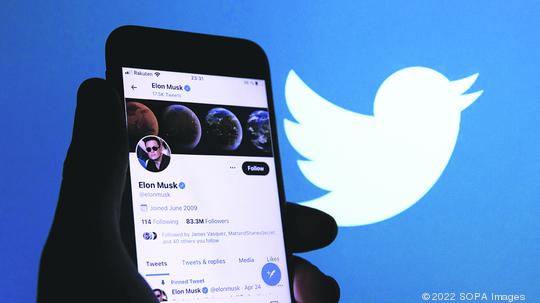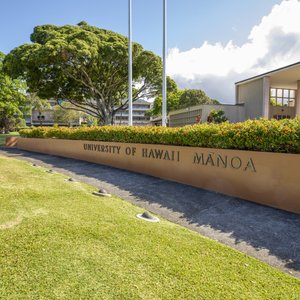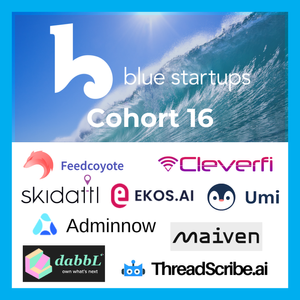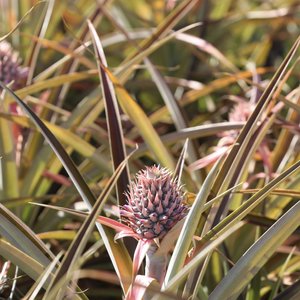
Back to community, in health
Pacific Business News joined in a town hall Wednesday with our parent company, American City Business Journals, hosted by our CEO Whit Shaw. The topic was one I’m sure many of you have wrestled with — return to the office — so I thought I’d share a little about where we’re at.
Our theme is not “return to office” so much as “return to community.”
We’ve enjoyed bringing back events, starting last fall, and are looking forward to doing more this year, including our return to Hawaii Island in June for an in-person panel discussion.
Starting in mid-May, PBN staff will be spending more time face-to-face with each other, but more importantly, more time face-to-face with you, whether that’s interviews with reporters or business conversations with our account executives.
I’m looking forward to it.
Tell us about your success
We are taking nominations for our Inno Fire awards, 40 Under 40, Hawaii’s Fastest Growing Companies, Business of Pride and Business Leadership Hawaii. Visit here to do so.
My usual advice: Use verbs and try to quantify your success. Your nominee may truly be “wonderful” and “inspiring,” but such adjectives are common in the nominations. Please share details and describe actions that show us the wonderfulness!
What is Twitter, anyway?
That’s a philosophical question. Among other things, Twitter is a microblogging social media service, and a publicly traded company about to go private with Elon Musk’s $44-billion acquisition of its shares this week. I’m guessing a lot of PBN’s business readers have been interested in the story of the world’s richest businessman buying one of the world’s most talked-about businesses.
The total meltdown of people within Twitter, in academia, politics, media and Hollywood over the new owner suggests that Twitter is also more than that. Possession of it matters. Especially enlightening are the sudden warnings about the danger of a billionaire buying Twitter — as if it hadn’t been owned by a billionaire before, and as if all social media, and most legacy media operations, weren’t owned by billionaires.
What they mean is, Elon Musk is the wrong kind of billionaire.
How so? Well, he says things like this: “I hope that even my worst critics remain on Twitter, because that is what free speech means.”
Many replies to that Tweet by Musk are filled with angst that free speech is actually terrible because of “disinformation” and “misinformation.” They go on and on about it. If you have a lot of time to kill you can peruse them here.
The problem is: Who decides what misinformation is, and how? Possession of Twitter seems to matter greatly because of “who decides?” People complaining about Musk’s purchase are accidentally confessing that they believed they had this power until now and fear losing it.
Which gets me back to the question of, “What is Twitter?”
Jack Dorsey, Twitter’s creator and founder, said this week: “In principle, I don’t believe anyone should own or run Twitter. It wants to be a public good at a protocol level, not a company.”
Dorsey is channeling a sentiment one used to hear a lot in the 1990s at the outset of the Internet: “Information wants to be free.”
Setting aside the impossibility of an abstract concept “wanting” anything, Dorsey is describing a ubiquitous functionality enabling people to say things on the Internet.
Have we ever seen a ubiquitous, utilitarian technology facilitate speech before the Internet came along? Of course! If you’re reading this in our print edition, you’re holding that technology in your hands.
Paper.
A Tweet, metaphorically, starts out as a blank sheet of digital paper. A small one, like a Post-It note, that only holds 280 characters. You write stuff onto it, post it, people read it.
No paper mill I know of has ever had a “Trust and Safety Council” deciding what people can and cannot publish on their product. But Twitter does.
The weirdness of this should be obvious if you imagine how civilization might have progressed — or not — if paper itself had been controlled by censors. I don’t even know where the paper PBN is printed on comes from, let alone what the paper mill owners think of our work. Whoever they are, they sure don’t get a say in what we publish. That seems like a good thing to me. Would you trust our work if you thought it was subject to review by unknown third parties capable of refusing us paper?
Check out “The Power of Books — A History of Censorship, Banning and Burning” at Retrospect Magazine, for a short, readable history of more than 2,000 years of religious leaders, governments and angry mobs trying to silence writers and their ideas.
The only thing that all these censors could do was attempt to ban books after they were published. In the 21st century, some people see an opportunity that no censor ever had before — the power to make sure that things they don’t like are never published in the first place.
Right now, some people are very excited, others fearful, about what the new owner of the Twitter Paper Co. is going to do. But maybe Dorsey is on the right track, that a capability built into the Internet itself is the answer, so that it doesn’t matter who owns which corner of it.



